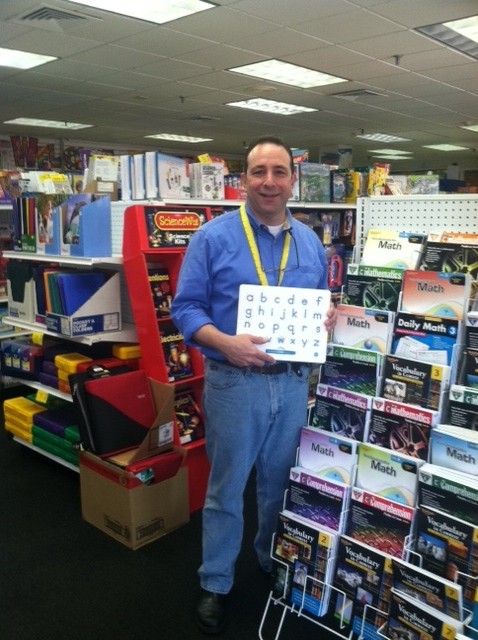Free Range Parenting: Gone Too Far?

There is a new type of play group happening in Central Park every Wednesday. It started September 12 and runs eight weeks. The group is called “I Won’t Supervise Your Kids,” and it’s the invention of Lenore Skenazy, author of Free Range Kids and mother of two. Skenazy greets the children and then waits for them at a local coffee shop while they play. Parents pay a fee and sign a waiver releasing Skenazy of responsibility should something go wrong. The criticism is obvious: Is it sensible to allow 8-year-olds to play unsupervised in New York City? Free range parenting has admirable goals — promoting independence, self-confidence, etc. — but its methods and rationale are questionable.
Skenazy quotes Harvard psychologist Susan Linn in her class flyer: “Play is the foundation of intellectual exploration. It’s how children learn how to learn. Abilities essential for academic success and productivity in the workforce, such as problem solving, reasoning, and literacy, all develop through various kinds of play, as do social skills such as cooperation and sharing.” She adds that play also boosts friendship, leadership, and focus. Not many parents would disagree with these notions, but children can attain the benefits of play with an unobtrusive adult still within eyeshot.
Providing supervision is not the same as imposing structure. Skenazy suggests that the presence of an adult stifles children’s imaginations. Adults suggest activities, cast roles, hover. But, why? Isn’t it possible and even likely that a group of children would play together and barely even notice an adult observing them? Helicopter parents — those who hover overbearingly — are at the opposite end of this parenting spectrum. Many parents can effectively tolerate – relish, even – a modicum of distance between them and their children’s play, while still actively assuring their safety.
What concerns me most about this play group is its publicity. Skenazy has been on various talk shows and websites promoting the group and stating exactly when and where the kids will be on their own. Skenazy argues that crime rates are lower now than in the past, hence there is no risk. Even if she is correct, kidnapping and abuse still occur. Isn’t it unwise to announce the location of a group of vulnerable kids? No mention of a buddy system or emergency procedure exists. Skenazy’s comment on the Huffington Post states, “I’ll be in a Starbucks nearby, and I guess I’ll have my cell phone with me, in case anyone really REALLY needs to reach me. But otherwise, the kids are on their own.” It seems likely that children who don’t know each other well might fail to notice a single child gone missing. What constitutes “really REALLY” needing her?
Unstructured play is important. Promoting independence, self-confidence, problem-solving skills, leadership, etc., are all components of effective parenting. Leaving your children in Central Park without a single adult watching just seems reckless. Parents can encourage their children to develop these positive characteristics without subjecting them to danger.
Dr. Jaime Black is a licensed psychologist practicing in Westchester and New York City. In addition to providing general mental health services, Jaime works with individuals of all ages on the autism spectrum, doing psychotherapy, conducting evaluations, and facilitating social skills groups. Visit www.spectrumservicesnyc.com, e-mail JaimeBlackPsyD@gmail.com or call (914)712-8208.

Examiner Media – Keeping you informed with professionally-reported local news, features, and sports coverage.


